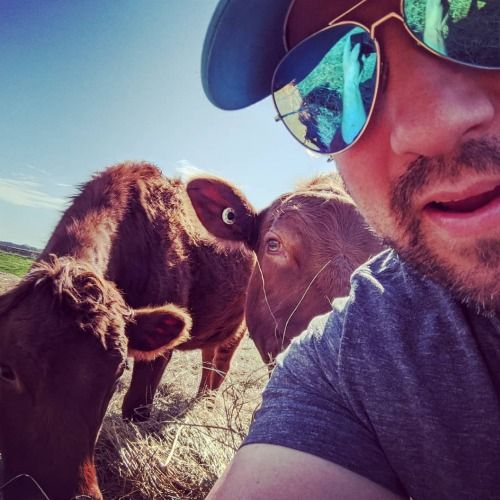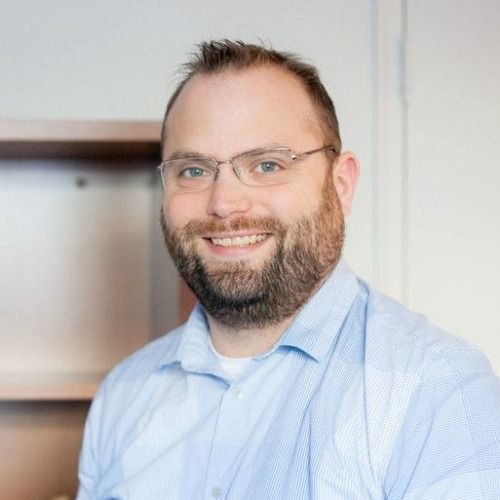Episode 36
Episode 36: Holotropic Breathwork Christine Calvert
Holotropic breathwork, developed by Stan and Christina Grof, [BP1] was developed as a method to induce altered states of consciousness after LSD was made illegal and therefore no longer available. Christine Calvert is a certified Holotropic Breathwork facilitator who discusses the history and development of holotropic breathwork and how it is related to psychedelic-assisted therapy.
With decades of experience, Christine highlights the importance of supporting the inner wisdom of clients and being non-intrusive as a facilitator.
We also discuss the importance of doing one’s own work before taking on the role of facilitating altered states of consciousness and the value of group formats for collective healing experiences.
Notes from episode:
The role of preparation. The importance of subtly tuning into the inner healer, the breath as a vehicle for tapping into our innate capacity to heal and to be whole.
Why you may never hear the phrase “Happy Birthday” in the same way again.
Group formats for altered states of consciousness, the collective inner healer, participate in healing in the collective space
The sitter role is simply to witness. The simple experience of being witnessed by another human being.
Something happens in the group space that can’t happen in the solo place. This is how we used to heal, how our ancestors knew how to do it.
As long as we always remember that we are apprenticing to the medicine, to this space, that is a great posture to remind us to always do our own work. If we continue to do our own work, there is at least a relationship with accountability and self honesty, or at least a capacity to stay in relationship with that.
Practice: write down everything that I am bringing into the space before doing a facilitator. Helpful to get into right relationship in my body, monitoring my own need for intimacy and connection, etc.
“The facilitator is the most important person in the room,
and is not important at all.” – Teacher saying
“People here not because of us, but in spite of us.”
We are the support staff to the inner wisdom, essentially.
Christine Calvert (teacher and module facilitator) is a Licensed Chemical Dependency Counselor and a certified Holotropic Breathwork® facilitator. She is the founder of Tribe, a conscious sober living home for men in Austin, TX, focusing on a transpersonal and Holotropic approach to recovery and healing. In addition to bringing Holotropic Breathwork® and other experiential workshops to mental health and addiction facilities, she is passionate about the ethics and integrity needed in facilitating expanded-state work; supporting the integration of Holotropic and psychedelic sessions through somatic resourcing; and creative expression, personal ritual, and group support. Her own personal healing journey was greatly influenced by the Holotropic perspective and she feels deeply dedicated to sharing this work with those seeking healing. She enjoys finding ways to weave her personal and professional experience of different therapeutic and spiritual systems such as Shamanism, Somatic Experiencing, Jungian psychology, attachment theory, and mindfulness practices into her work with others. Christine is currently studying to become a Naturopathic Doctor and maintains a private counseling and consulting practice in addition to facilitating Holotropic Breathwork® nationally.




